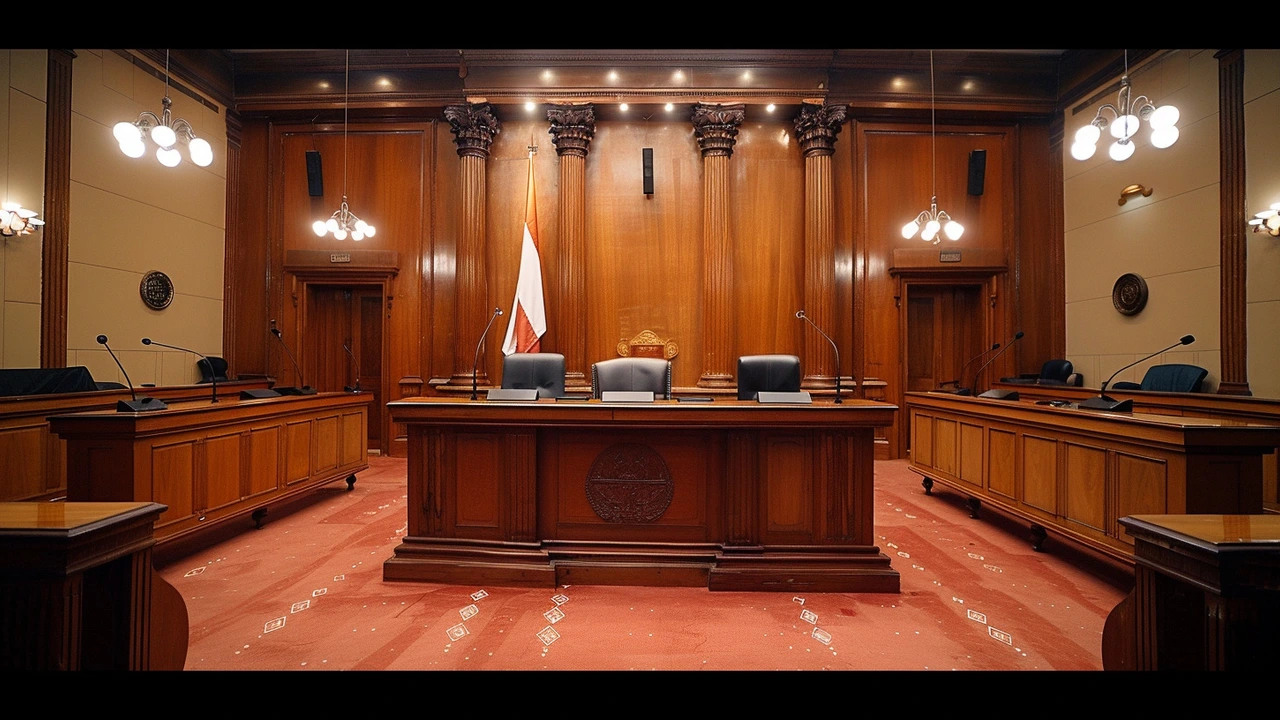Aviation corruption: how it harms safety and your wallet
Corruption in aviation is more than shady deals behind closed doors. It can mean fake maintenance records, unqualified crews, overpriced contracts and airports that never get finished. That directly affects passenger safety, ticket prices and taxpayer money. If you fly in or out of Africa — or anywhere — this matters to you.
Why should you care? Because corruption raises costs and lowers standards. Airlines and airports that win contracts through kickbacks instead of merit end up buying cheaper parts, hiring weak oversight teams, or skipping safety checks. The result: delays, cancellations, higher fares and, in worst cases, avoidable accidents. Governments lose public funds that should pay for honest maintenance, training and infrastructure.
How corruption in aviation shows up
There are clear patterns to watch for. One is procurement irregularities: single-source contracts, last-minute scope changes, or consistent wins by the same contractor without competitive bidding. Another is falsified paperwork — forged maintenance logs, fake certification or pilots with incomplete training records. Sometimes you’ll see inflated invoices, phantom projects, or airport upgrades that stall while payments keep going out.
Regulatory capture is a big problem. That’s when aviation authorities are under the influence of airlines, contractors or politicians. Inspectors may be pressured to pass unsafe aircraft or approve below-standard work. Also watch for weak oversight bodies that lack auditors, clear procurement rules, or public reporting. Where audits and inspector reports are hidden, corruption often follows.
What can change — and what you can do
Fixing aviation corruption requires clear rules, public reporting and independent audits. International standards from bodies like ICAO matter, and checking national audit office reports helps. The EU Air Safety List and blacklists for airlines can pressure regulators to act. Civil society groups — such as Transparency International — and investigative journalists also push for reforms and expose wrongdoing.
You don’t need to be an expert to follow this. Look for public procurement portals and read audit summaries that many countries publish. Check whether civil aviation authorities post inspection results and license lists online. If a contract sounds suspicious — single bidder, large cost jumps, or repeated extensions — raise the question with your local representative or watchdog group. Report safety concerns to the airline, the airport authority, or international bodies if national channels fail.
Journalists and bloggers play a role too. Share verifiable findings, link to official documents, and ask tough questions in public forums. Vote for leaders who back transparency and independent oversight. If you work in aviation, protect whistleblowers and follow clear reporting lines when you spot irregularities.
Corruption in aviation can be beaten with transparency, pressure and consistent rules. It starts with naming the problem, demanding published audits and supporting independent checks. When citizens, media and honest officials push together, contracts get cleaner, airports get safer and your ticket money goes further.

Delayed Justice: High Profile Arraignment of Ex-Aviation Minister Hadi Sirika and Brother Over N19.4bn Fraud Postponed
Keabetswe Monyake May 14 5In a significant turn of events, the anticipated court arraignment of former Aviation Minister Hadi Sirika and his brother Ahmad, linked to a N19.4 billion fraud, has been delayed. The defendants were absent, citing travel difficulties, which led the court to reschedule the hearing to May 23.
More Detail